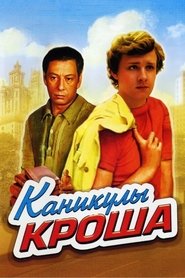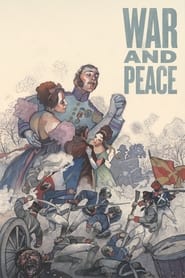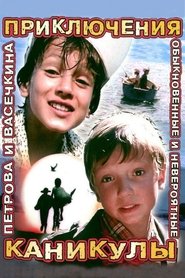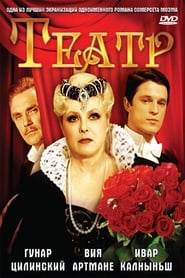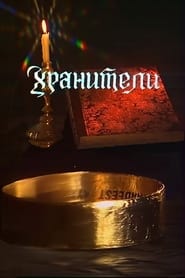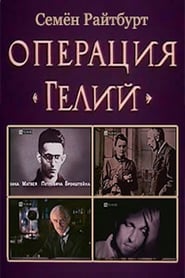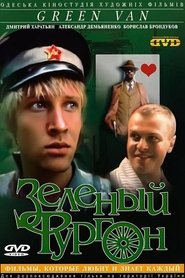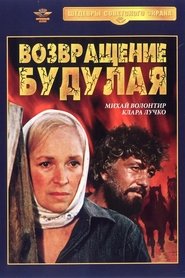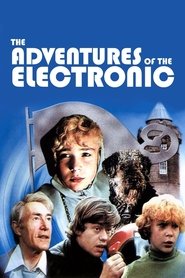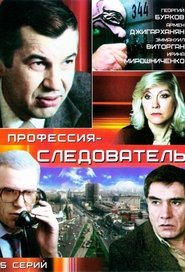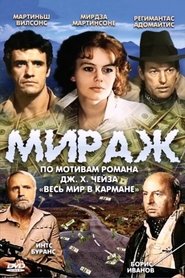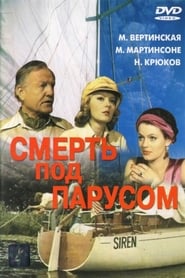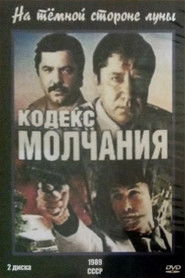Central Television Ussr TV Series - Page 4
-
War and Peace
1966
star 9.6An epic adaptation of the novel by Leo Tolstoy. The love story of young Countess Natasha Rostova and Count Pierre Bezukhov is interwoven with the Great Patriotic War of 1812 against Napoleon's invading army. -
Приключения Петрова и Васечкина
1984
star 9The story revolves around two young schoolboy pioneers, Petya Vasechkin and Vasya Petrov, as they navigate their attempts at self-discovery and their shared affection for their friend, Masha Startseva. -
Shore of his life
1984
star 8The film tells the life story of the famous Russian scientist, researcher, traveler and pioneer Nicholas Miklouho-Maclay. The film shows the most interesting moments from the life of a scientist and his travels. Nicholas Miklouho-Maclay was the first to land in New Guinea, getting acquainted with the aborigines, their customs. Among the natives of New Guinea, Nicholas Miklouho-Maclay lives for several years. The scientist also falls in love with the daughter of the Vice President of Australia, the film shows the relationship between Nicholas Miklouho-Maclay and his lover. -
The Keepers
1991
star 5.8Soviet live-action film adaptation of J. R. R. Tolkien’s The Fellowship of the Ring, aired once in 1991 by Leningrad Television and then thought lost. It was rediscovered in 2021. It includes scenes of Tom Bombadil and the Barrow-wight omitted from Peter Jackson’s Lord of the Rings film trilogy. -
Operation «Helium»
1991
star 1On the example of the history of the discovery of the "solar substance" Helium, the history of the most important discoveries in the field of physics and chemistry of the early XX century is given. -
The Adventures of Sherlock Holmes and Dr. Watson: The twentieth century begins
1988
star 9The fifth and final part of the cycle of Soviet television feature films, filmed by director Igor Maslennikov based on the stories of the English writer Arthur Conan Doyle about the famous detective Sherlock Holmes. In the first part based on the works - "The Adventure of the Engineer's Thumb", "The Adventure of the Second Stain". In the second part based on the works - "The Adventure of the Bruce-Partington Plans", and "His Last Bow". -
The Adventures of the Electronic
1980
star 7A Soviet scientist creates a brilliant robot. This is a boy who is able to solve any mathematical problems, he writes the best essays and sings perfectly! And he is also an exact copy of schoolboy Seryozha Syroezhkin. A clever boy quickly shifts all his duties to an electronic double. He does his homework for him, goes to school and does household chores that his parents entrust to Syroezhkin... -
Mirage
1983
star 6.4Tragic events in the lives of five people after they have stolen a car with one million dollars in the safe. This is the job they have all been waiting for. The job that will set them up for life. A million dollars split five ways, who wouldn't be interested? The only catch is that it's the very definition of impossible...or is it? Armed with a brilliant plan, the four men and one woman think they can crack it. But as tensions in the group begin to mount and things start to go wrong, the million dollars feels more out of reach than ever. Even though it is right with them...
